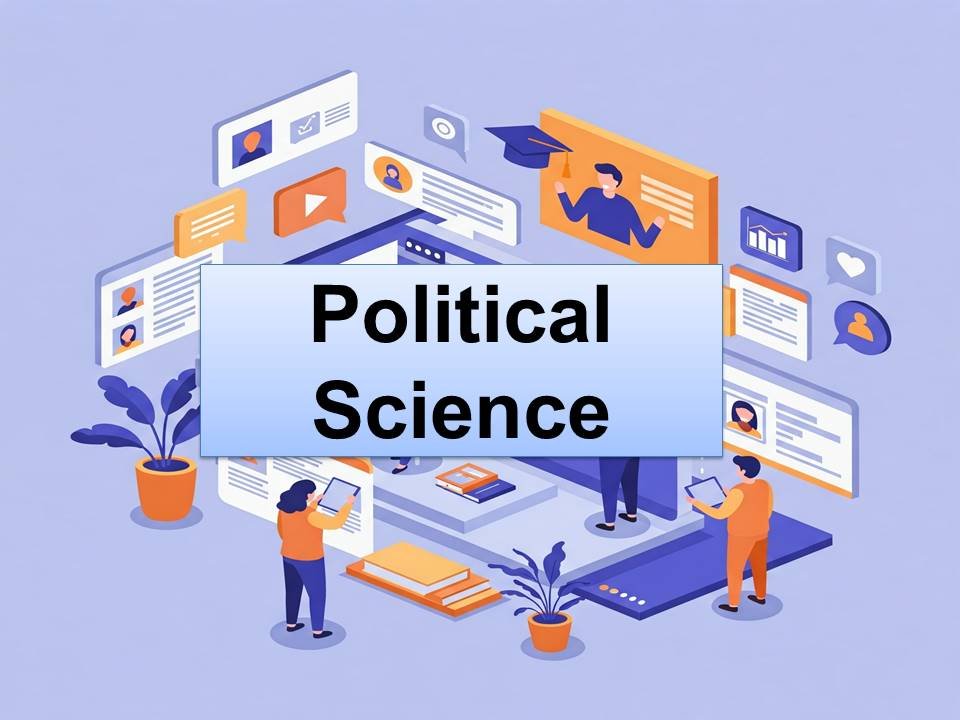
DSC-10 : PUBLIC ADMINISTRATION IN INDIA
UNIT – I Indian Administration
a. Structure of the Civil Services: Evolution
i. Historical Legacy
ii. Civil Service in the Constitutional Framework; appointment training,
promotion
b. PMO, Cabinet Secretariat
c. Major Initiatives in Administrative Reforms
UNIT – II
Decentralization and Local Self Governance
a. Meaning and Types: Rural and Urban
b. PRIs and implementation of public policies
UNIT – III Budget
a. Concept of Budget and Budget Cycle in India
b. Types of Budget: Line Budget, Performance Planning Budget, Zero
Based Budget
c. Budget making: role of the Finance Ministry
UNIT – IV Technology and Public Administration in India
a. E-Governance: The Journey of E-Governance in India
b. Models of E-Governance: Case-Study of Digital India Mission
UNIT – V Social Welfare Policies
a. Education: Right to Education
b. Health: National Health Mission
c. Food: Right to Food Security
d. Employment: MGNREGA
UNIT – VI Issues and Debates in Indian Administration
a. Ethics in Administration: Integrity vs. Corruption
b. Accountability: RTI, Lokpal, Citizens’ Charter
c. Relationship between Political Executive and Permanent Executive
d. Generalists and Specialists
e. Gender sensitivity and gender participation
DSC-11 : CONCEPTS IN COMPARATIVE POLITICAL ANALYSIS
UNIT – I Socio-Economic Structures
a. Capitalism
b. Socialism
c. Colonialism
d. Neo-liberalism
UNIT – II Discourses on Nationalism
a. Civic and Ethnic nationalisms
b. Ideological basis of anti-colonial nationalism (Gandhi, Mao, Frantz Fanon and Amilcar Cabral)
UNIT – III Constitutionalism
a. Evolution of the idea of constitutionalism
b. post-colonial constitutionalism
UNIT – IV Federalism
a. Historical context
a. Federation and Confederation: debates around territorial division of power.
UNIT – V State and Regime types
a. Capitalist
b. Welfare
c. Populist
d. Security state
UNIT – VI Electoral System
Definition and procedures: Types of electoral systems (First Past the Post, Proportional Representation, Mixed Representation)
UNIT – VII Party System
a. Historical contexts of emergence of political parties
b. Types of parties and party
systems.
DSC-12 : GLOBAL POLITICS
UNIT – I Locating Global Politics
UNIT – II Changing Nature of Global Politics
a. Globalization to de-globalization, and post-globalization
b. Geo-politics, Geo-economics, and Geo-strategy
c. Territorialisation and De-territorialisation
d. Cultural Frames of Global Politics
UNIT – III Contemporary Global Issues
a. Ecological Issues: Climate Change, and International Environmental
Agreements
b. Proliferation of Nuclear Weapons in Post- Cold War Era
c. Global Terrorism and Its Impact
d. Migration
e. Human Security
UNIT – IV Global Social Movements
a. Environment Movements
b. Women Movements
c. Peace Movements
DSE: Gandhi and the Contemporary World
UNIT – I Truth and Non-violence
UNIT – II Gandhian Thought: Theory and Action
a. Theory of Satyagraha
b. Satyagraha in Action: Peasant Satyagraha, Temple Entry and Critique of Caste,
Social Harmony and Communal Unity
UNIT – III Gandhi on Modern Civilization and Ethics of Development
a. Conception of Modern Civilization and Alternative Modernity
b. Critique of Development
UNIT – IV Gandhi and the Idea of Political
a. Swaraj
b. Swadeshi
UNIT – V Gandhi’s views on
a. Hinduism
b. Religious Conversion
c. Cow Protection
d. Language Questions